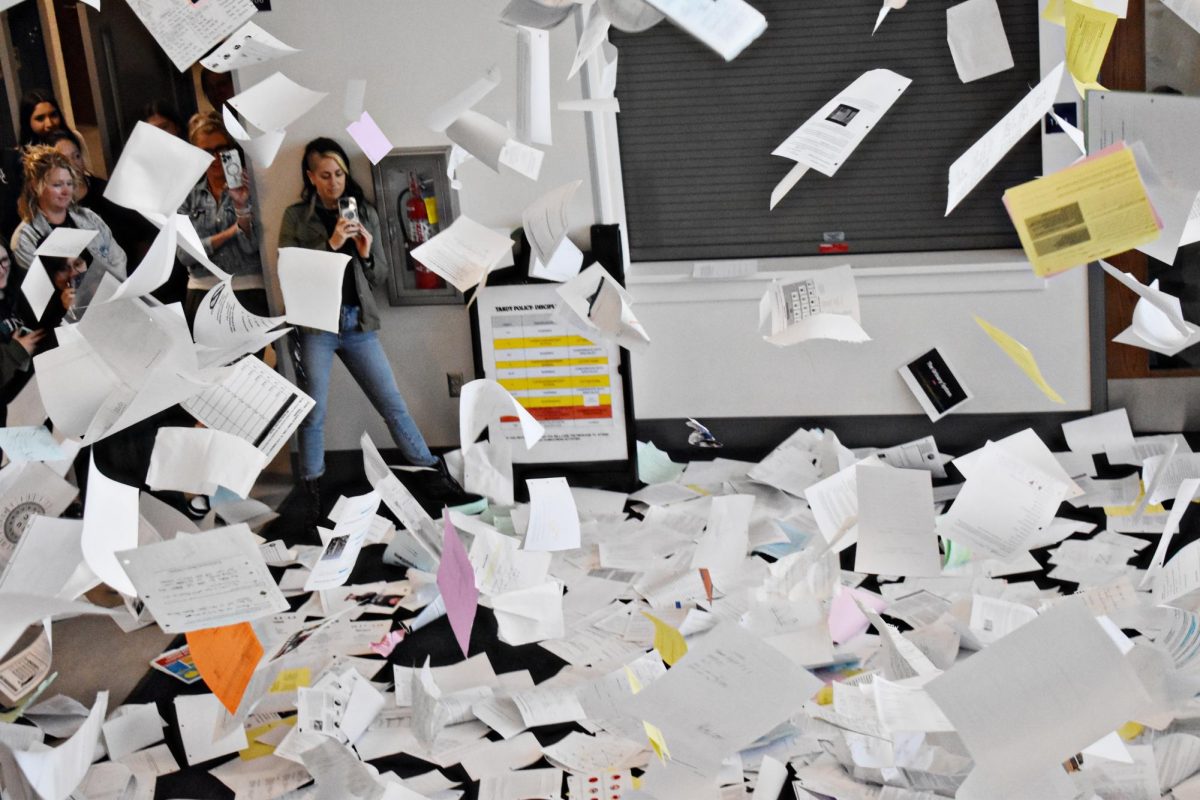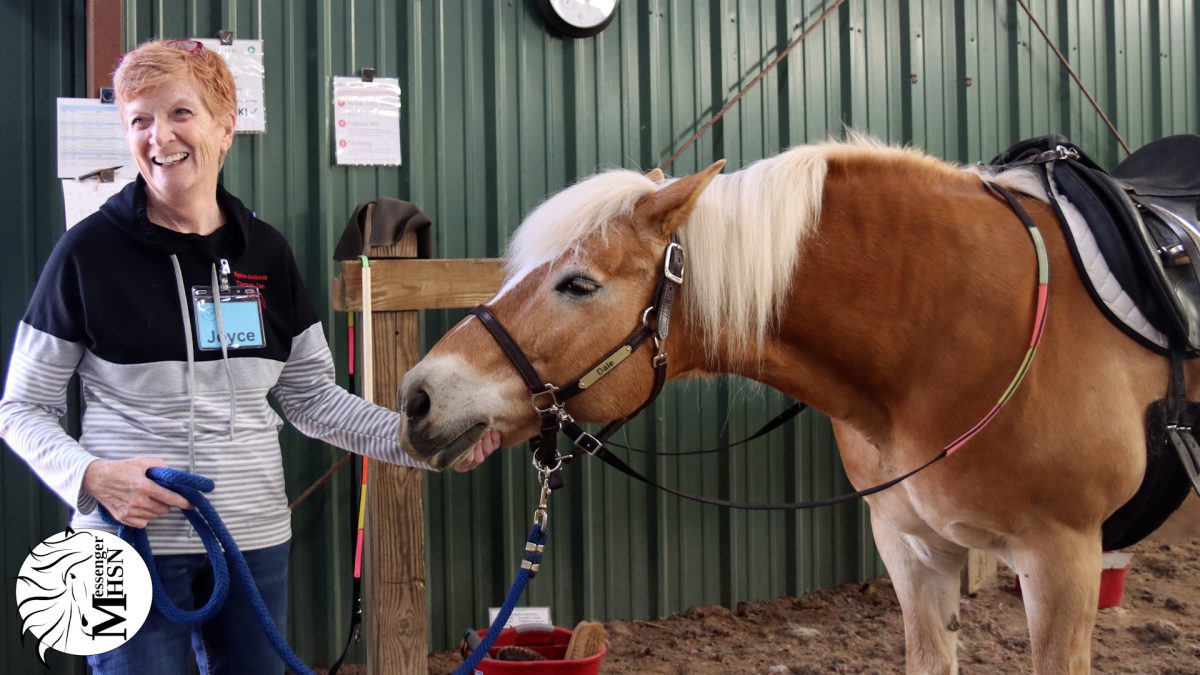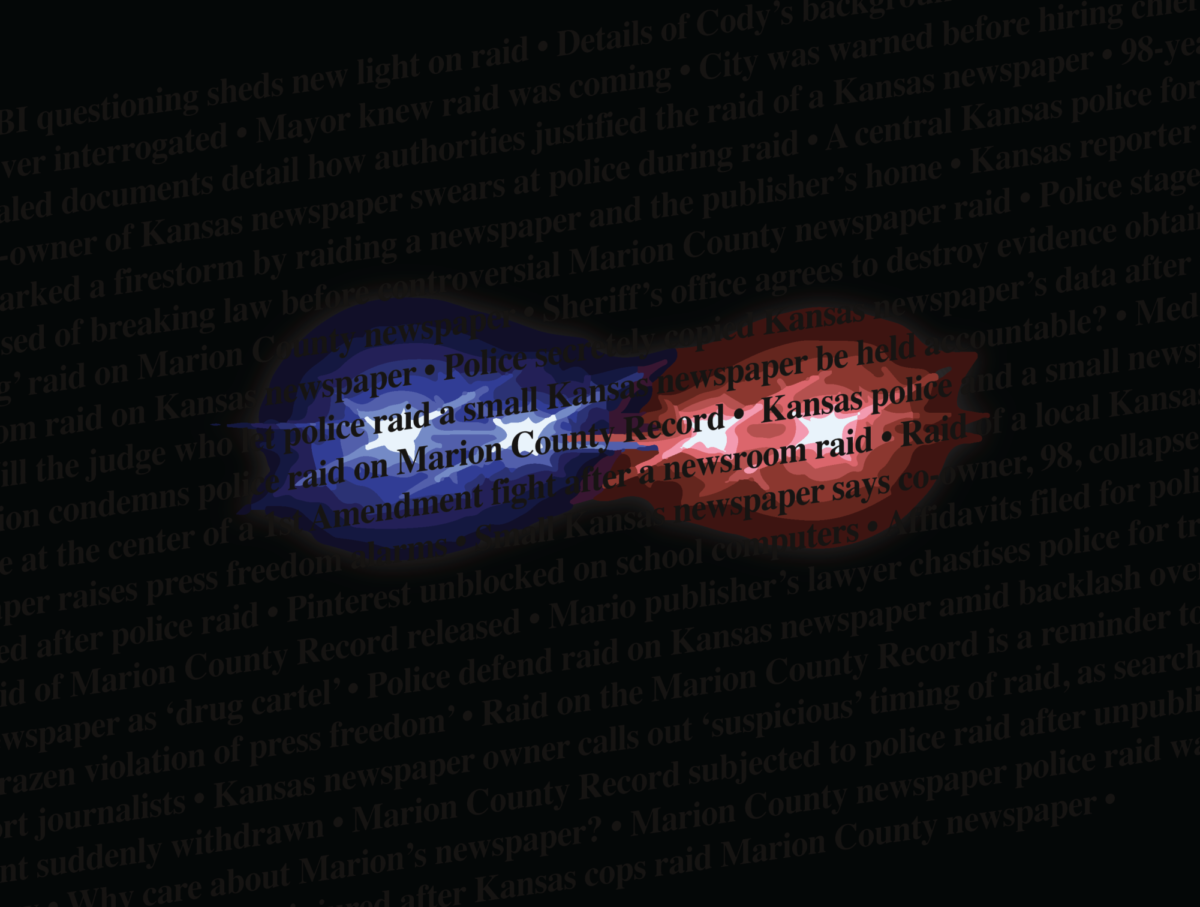National outrage spread quickly when police raided the press office of the Marion County Record, a small but fiery local newspaper in central Kansas.
Police removed phones and computers in a highly unusual raid on the small newsroom. Immediately dozens of news organizations from across the country came to the Record’s defense. The outrage is merited, but too often the free press rights of students — who are often doing the same work as professional journalists — are trampled with too little angst.
This story and the larger debate over free speech have deep implications for independent journalism and for student journalism as well. The Budget is fortunate to publish in Kansas, where student press freedoms are well-protected. But other student publications around the country are left without those defenses, and their rights to free press are in danger.
The Kansas Student Publications Act protects high school journalists in Kansas public schools from censorship by school administrators. This means that students are free to publish the content they think is important, assuming it’s not “libelous, slanderous, or obscene,” according to the law. This gives us the freedom to do important reporting without the threat of a school administrator controlling what we publish out of fear of politics or controversy.
While noting that student publications may need to be supervised more than professional publications, Washington University law professor Greg P. Magarian says that student journalists should be protected from administrative censorship.
“In my experience and observation, student journalists tend to take their work and responsibilities very seriously,” Magarian said. “Unfortunately, school administrators too often tend to be thin-skinned, self-interested, and/or not very concerned with the positive value that independent student journalism adds to schools.”
Examples of censorship abound. In 2022, the Viking Saga, the student newspaper of Northwest High School in Nebraska, was shut down by their principal for publishing a newspaper discussing Pride month and other LGBTQ+ topics.
Also in 2022, the Pearl Post, the student newspaper of Daniel Pearl Magnet High School in California, published a story about their district’s new Covid vaccine mandate. Students reported that the school librarian had stopped showing up to work after the mandate went into effect. The school threatened the newspaper, but the students decided to leave the former librarian’s name in the story, after the Student Press Law Center advised them that they were within their rights to do so. In retaliation, the school suspended the journalism adviser. Fortunately, the adviser appealed the suspension and won, thanks to California legislation that protects student journalists.
Too often, this censorship comes when students are writing the stories professional journalists have missed. In 2017, the Booster Redux — the Pittsburg High School newspaper — produced a brilliant story that drew into question their newly-named principal’s credentials, uncovering discrepancies in her resume. The principal resigned.
If that reporting was done in another state with fewer protections for student journalists, the district’s superintendent might have easily — and legally — stopped that story from seeing the light of day.
Seventeen states currently have enacted New Voices legislation that protects student journalists’ free press rights. Eric Thomas, director of the Kansas Scholastic Press Association, says efforts are ongoing to pass this legislation in more states.
“It takes a lot of work these days to get the attention of state legislatures and to get them to pass a law. Everybody sees these laws with some sort of partisan valence,” Thomas said. “Kansas is lucky in the fact that we passed it at a moment when partisanship wasn’t nearly as divided as it is right now.”
The Student Press Law Center, based in Washington, D.C., is one organization that is working hard to expand student rights. Their senior legal counsel, Mike Hiestand, says they are proud of their work promoting New Voices.
“One of the best things we’ve ever done at the Student Press Law Center is about four years ago we hired an individual to help us specifically with some of the advocacy behind New Voices, doing some lobbying work and grassroots organization,” Hiestand said. “We can’t take on all 50 states, but there are groups in most states now that have introduced some sort of New Voices legislation.”
Everyone should care about threats to student publications and should hold administrators to account when they abuse their authority in restricting student publications.
— Gregory Magarian
As the examples above show, this New Voices legislation can have real impacts on real students. Hiestand’s first question when students call regarding censorship issues is, “Where are you calling from?”
In a perfect world, that question will be unnecessary. Why should some students be legally protected, and not others?
This is clearly an unfair situation that has tangible consequences. Yet, we have a solution. In this time of increasing pressure on the national media, New Voices legislation should be a priority for every state to adopt to protect the journalists of the future.
Overzealous police in one small Kansas town showed how essential it is for journalists to be protected. Student reporters deserve those same protections from threats of censorship. Democracy depends on it.
This story was originally published on The Budget on September 19, 2023.

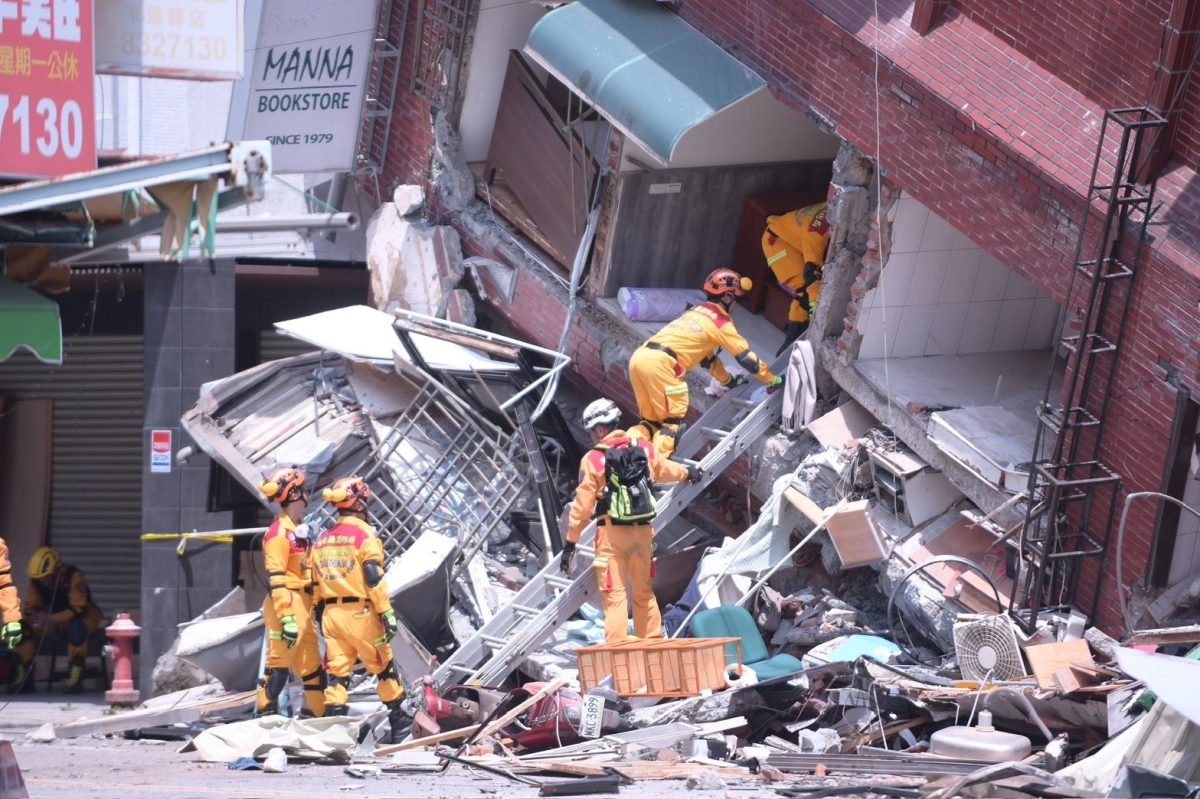
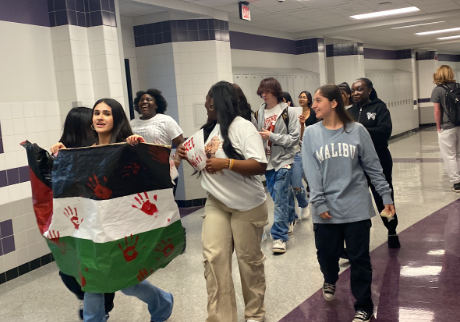


![With the AISD rank and GPA discrepancies, some students had significant changes to their stats. College and career counselor Camille Nix worked with students to appeal their college decisions if they got rejected from schools depending on their previous stats before getting updated. Students worked with Nix to update schools on their new stats in order to fully get their appropriate decisions. “Those who already were accepted [won’t be affected], but it could factor in if a student appeals their initial decision,” Principal Andy Baxa said.](https://bestofsno.com/wp-content/uploads/2024/05/53674616658_18d367e00f_o-1200x676.jpg)
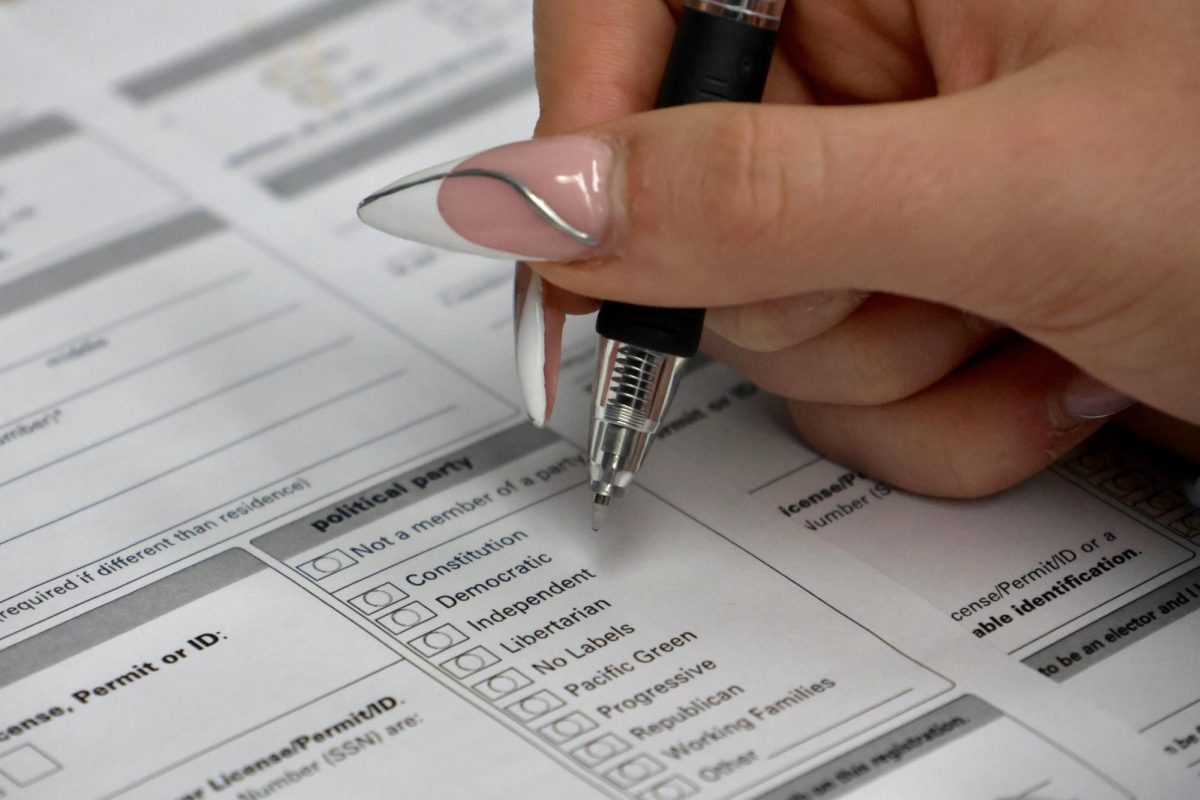





![Junior Mia Milicevic practices her forehand at tennis practice with the WJ girls tennis team. “Sometimes I don’t like [tennis] because you’re alone but most of the time, I do like it for that reason because it really is just you out there. I do experience being part of a team at WJ but in tournaments and when I’m playing outside of school, I like that rush when I win a point because I did it all by myself, Milicevic said. (Courtesy Mia Milicevic)](https://bestofsno.com/wp-content/uploads/2024/06/c54807e1-6ab6-4b0b-9c65-bfa256bc7587.jpg)

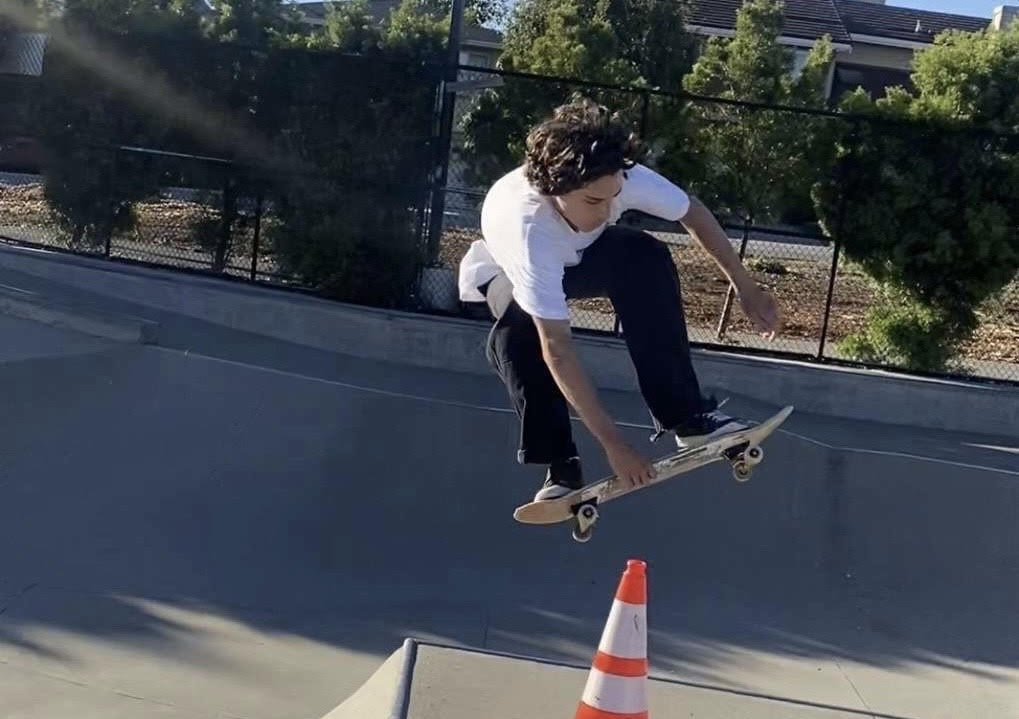

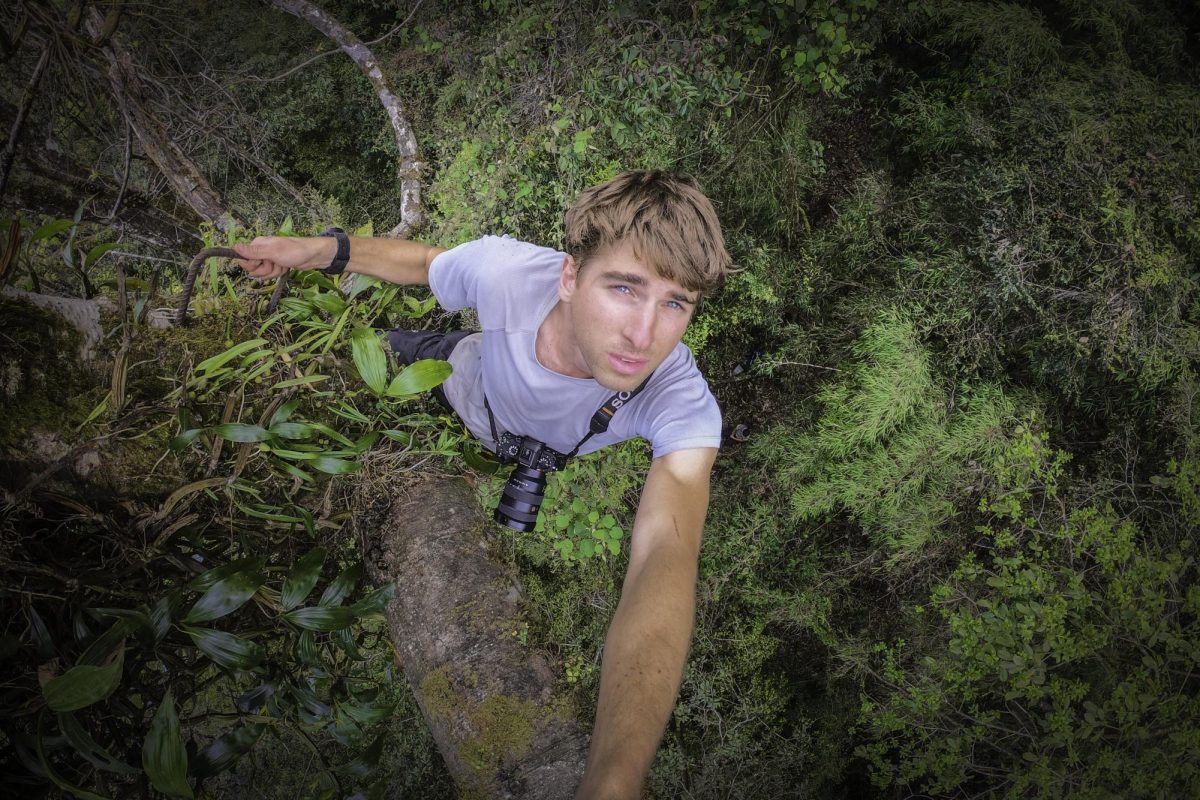



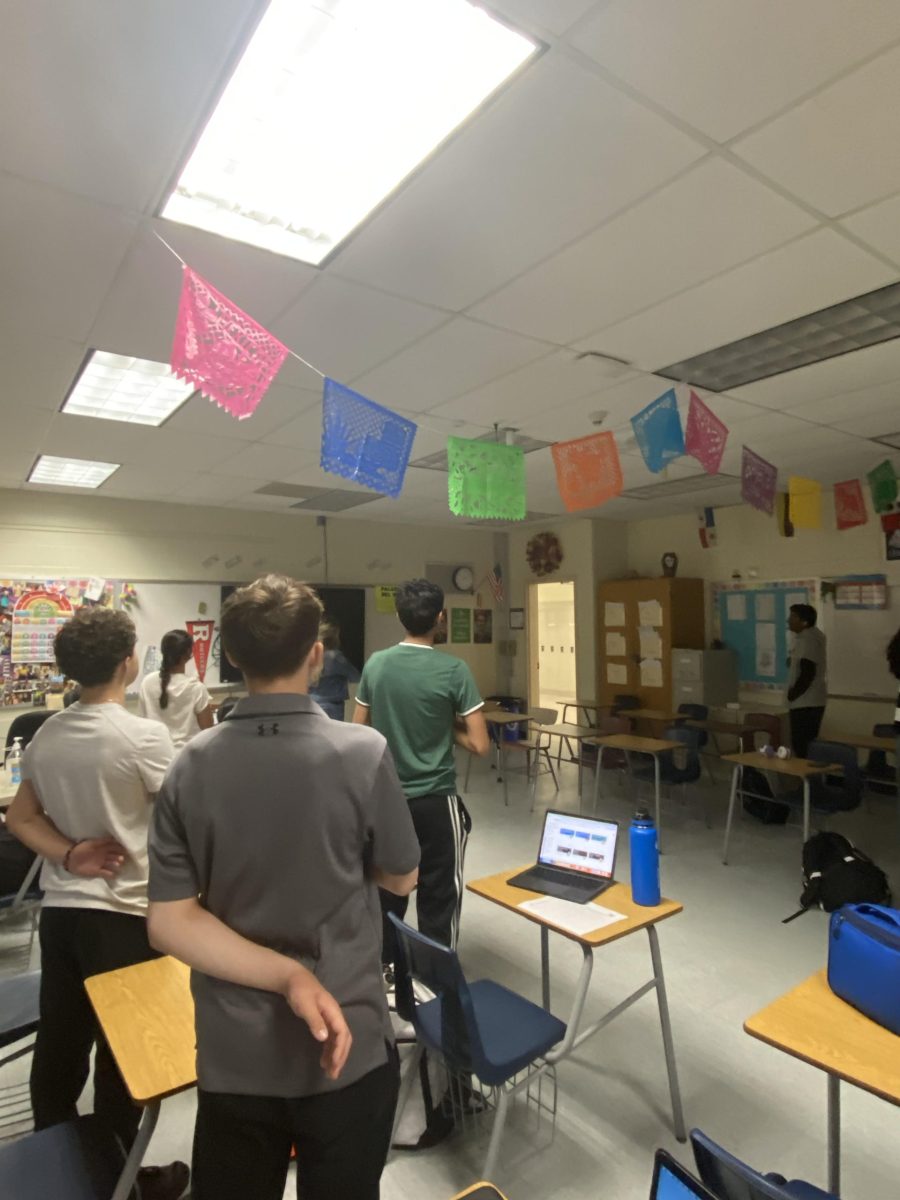
![The Jaguar student section sits down while the girls basketball team plays in the Great Eight game at the Denver Coliseum against Valor Christian High School Feb. 29. Many students who participated in the boys basketball student section prior to the girls basketball game left before half-time. I think it [the student section] plays a huge role because we actually had a decent crowd at a ranch game. I think that was the only time we had like a student section. And the energy was just awesome, varsity pointing and shooting guard Brooke Harding ‘25 said. I dont expect much from them [the Golden Boys] at all. But the fact that they left at the Elite Eight game when they were already there is honestly mind blowing to me.](https://bestofsno.com/wp-content/uploads/2024/05/IMG_7517-e1716250578550-900x1200.jpeg)
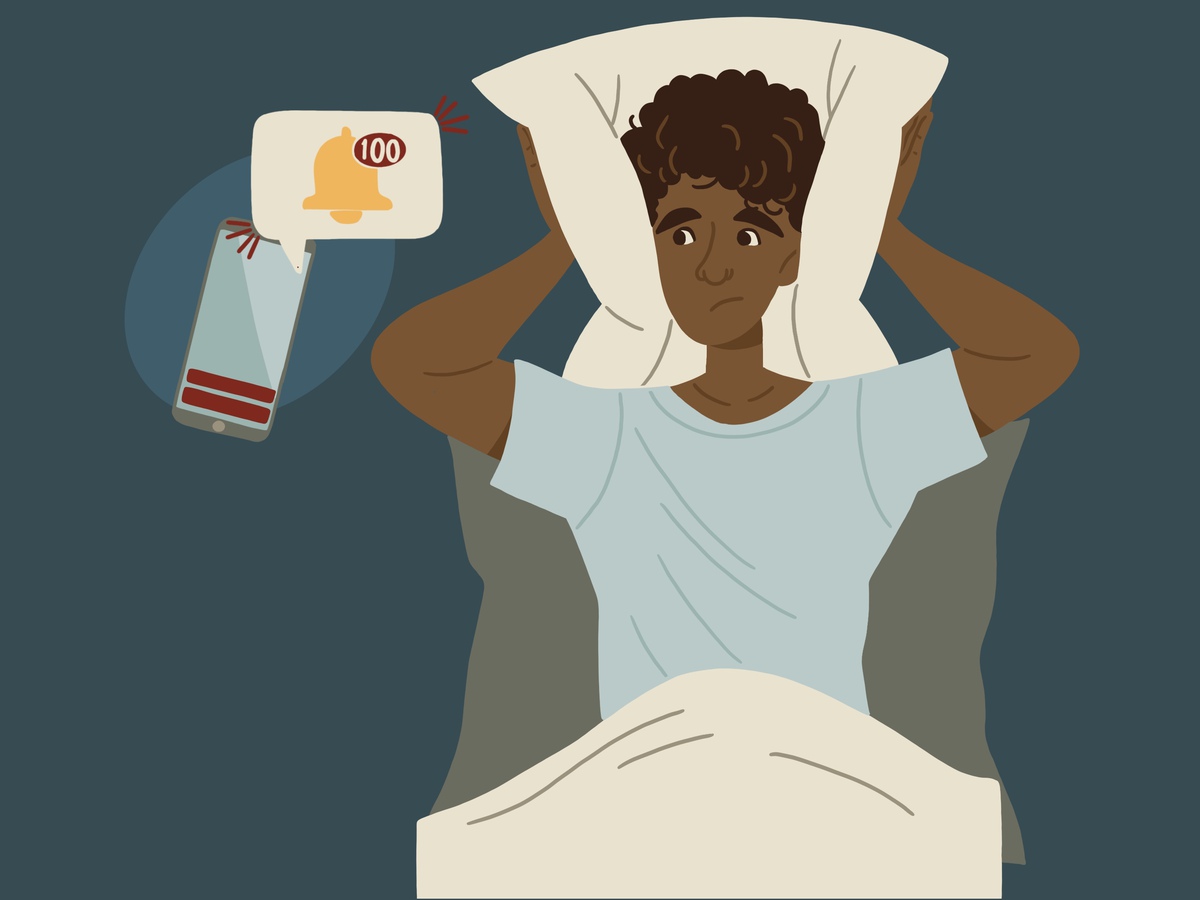

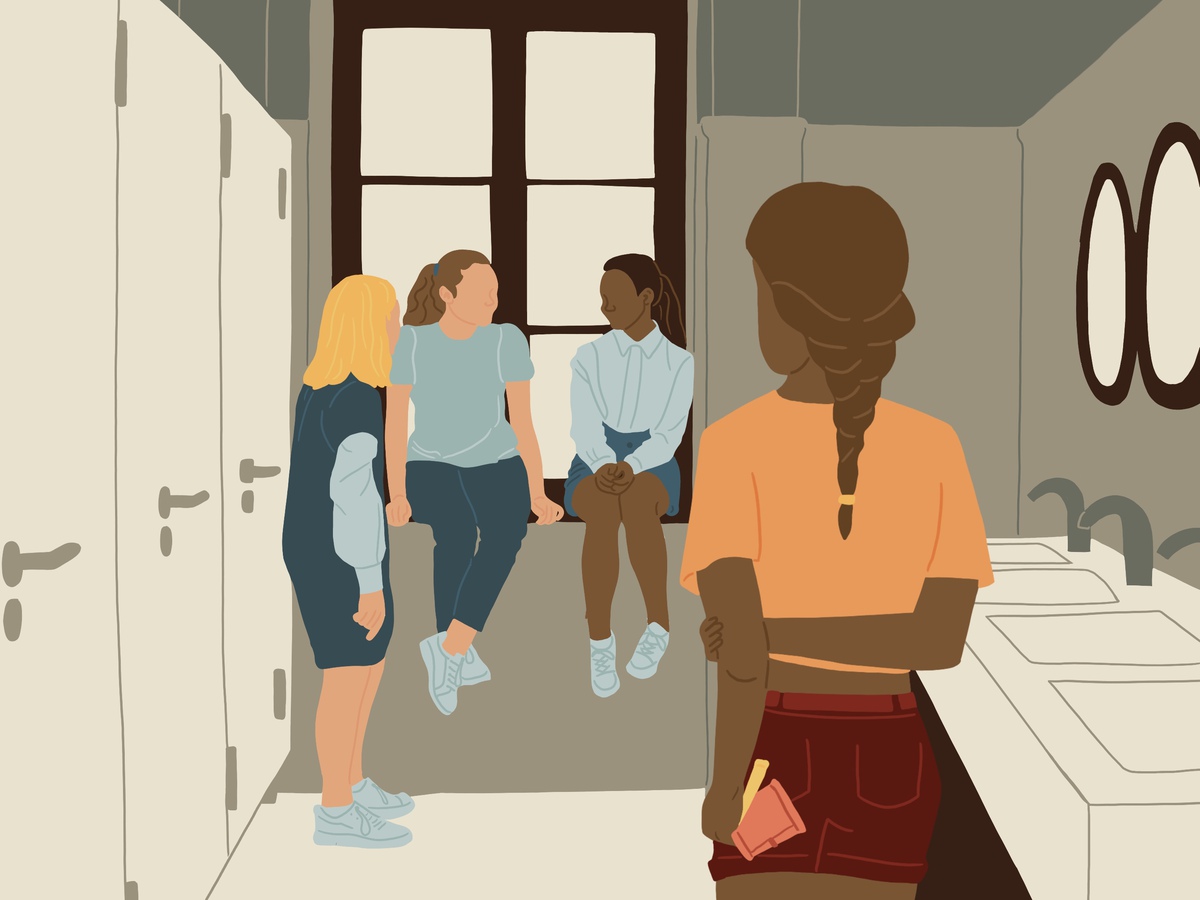



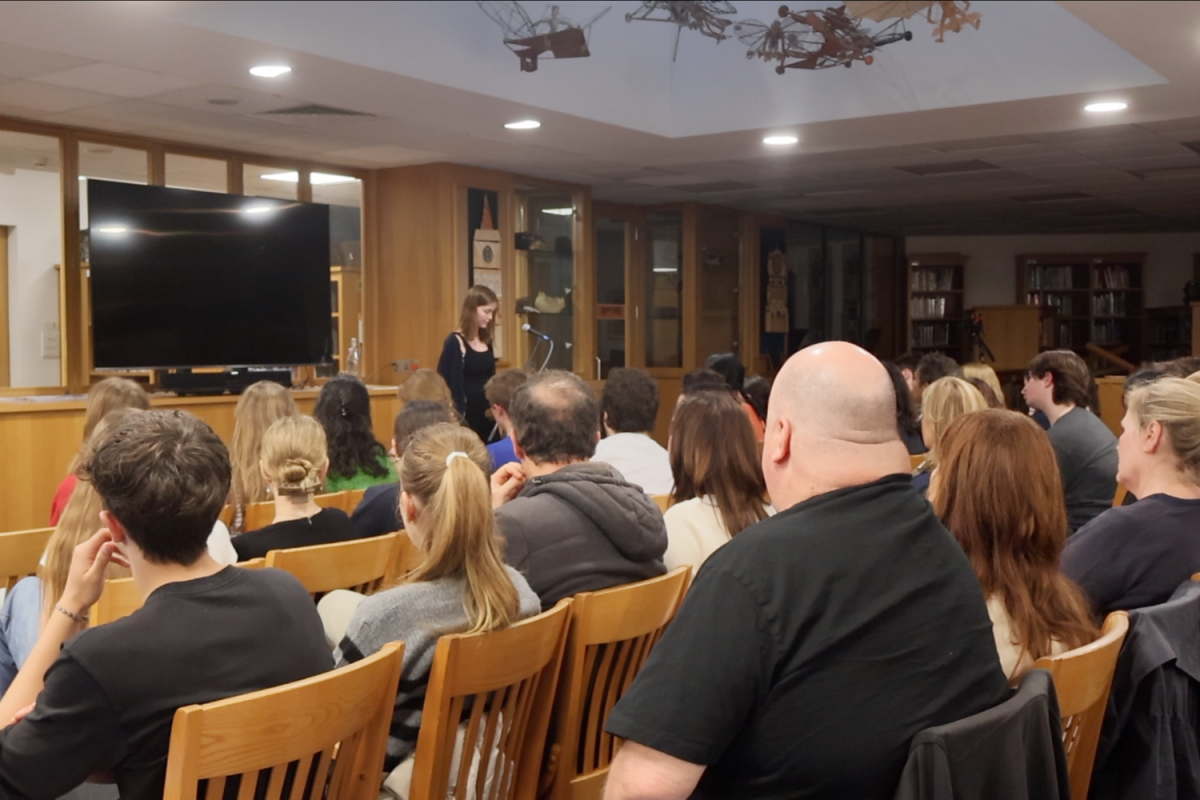

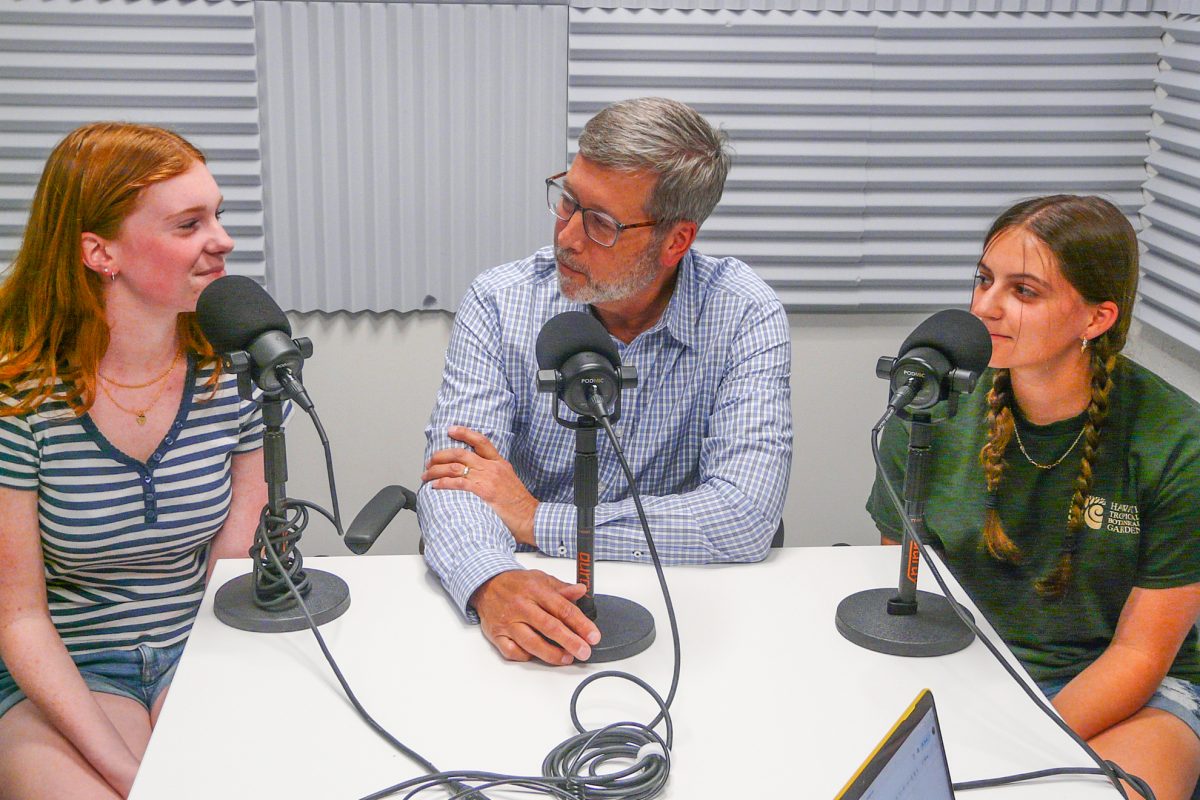
![BACKGROUND IN THE BUSINESS: Dressed by junior designer Kaitlyn Gerrie, senior Chamila Muñoz took to the “Dreamland” runway this past weekend. While it was her first time participating in the McCallum fashion show, Muñoz isn’t new to the modeling world.
I modeled here and there when I was a lot younger, maybe five or six [years old] for some jewelry brands and small businesses, but not much in recent years,” Muñoz said.
Muñoz had hoped to participate in last year’s show but couldn’t due to scheduling conflicts. For her senior year, though, she couldn’t let the opportunity pass her by.
“It’s [modeling] something I haven’t done in a while so I was excited to step out of my comfort zone in a way,” Muñoz said. “I always love trying new things and being able to show off designs of my schoolmates is such an honor.”
The preparation process for the show was hectic, leaving the final reveal of Gerrie’s design until days before the show, but the moment Muñoz tried on the outfit, all the stress for both designer and model melted away.
“I didn’t get to try on my outfit until the day before, but the look on Kaitlyn’s face when she saw what she had worked so hard to make actually on a model was just so special,” Muñoz said. “I know it meant so much to her. But then she handed me a blindfold and told me I’d be walking with it on, so that was pretty wild.”
Caption by Francie Wilhelm.](https://bestofsno.com/wp-content/uploads/2024/05/53535098892_130167352f_o-1200x800.jpg)

